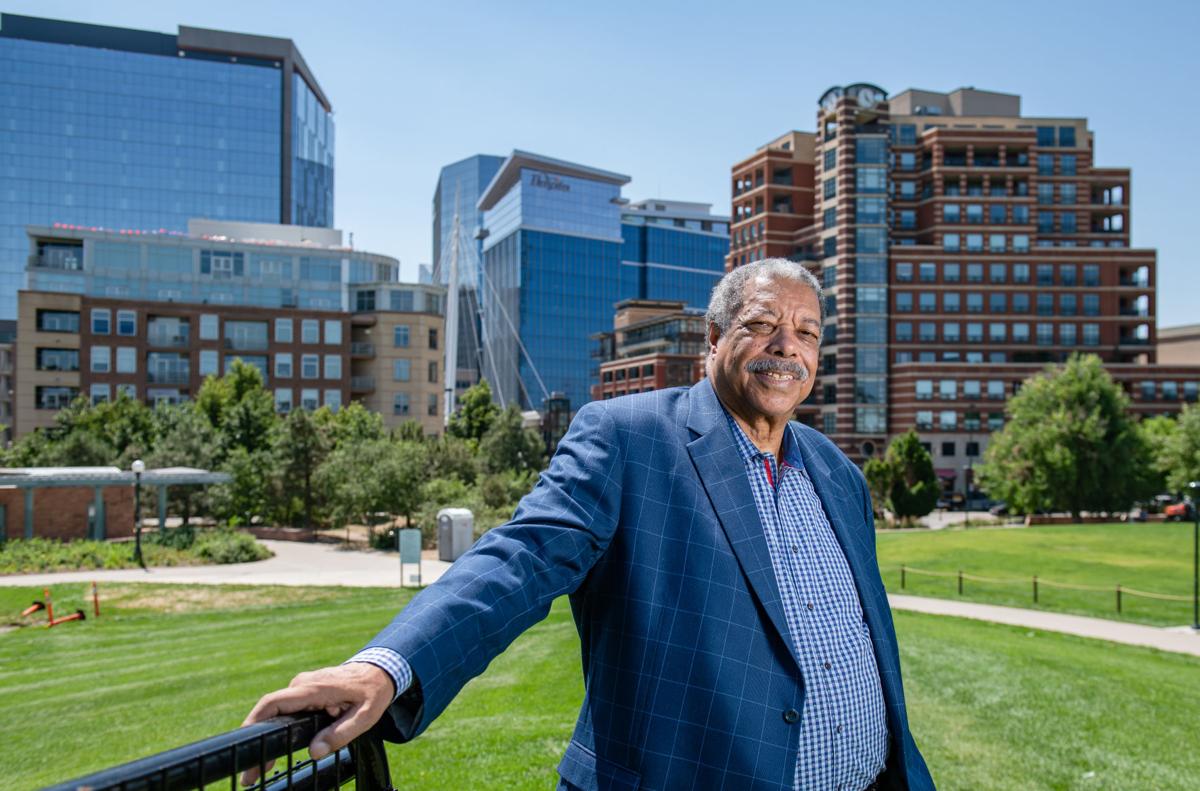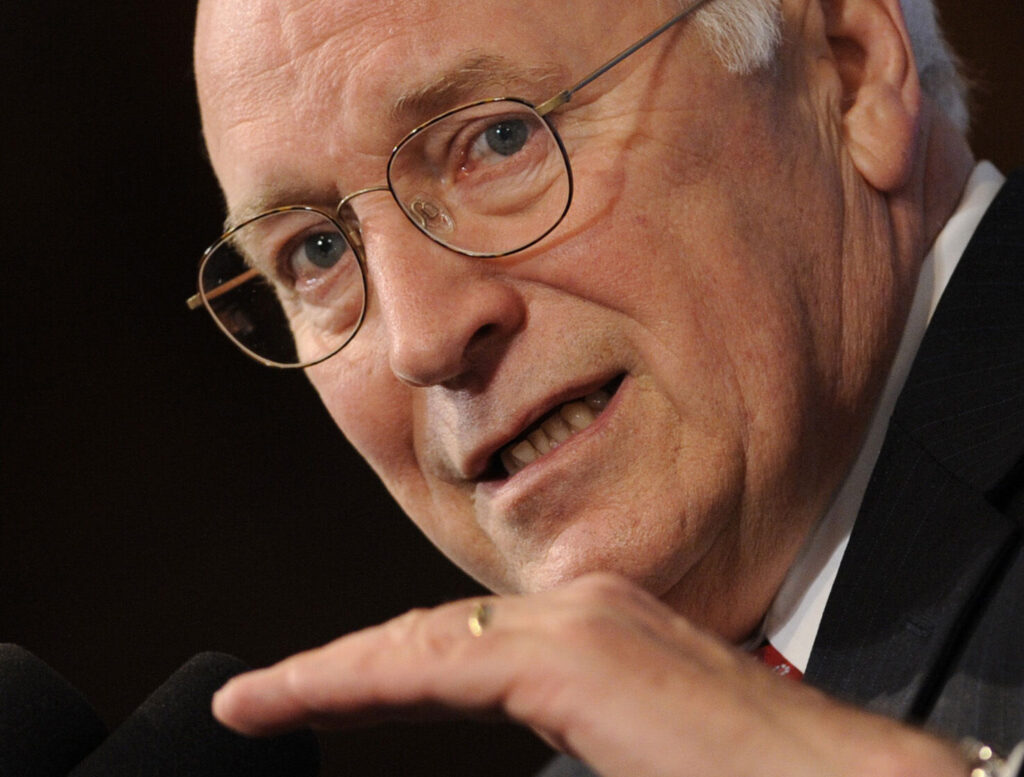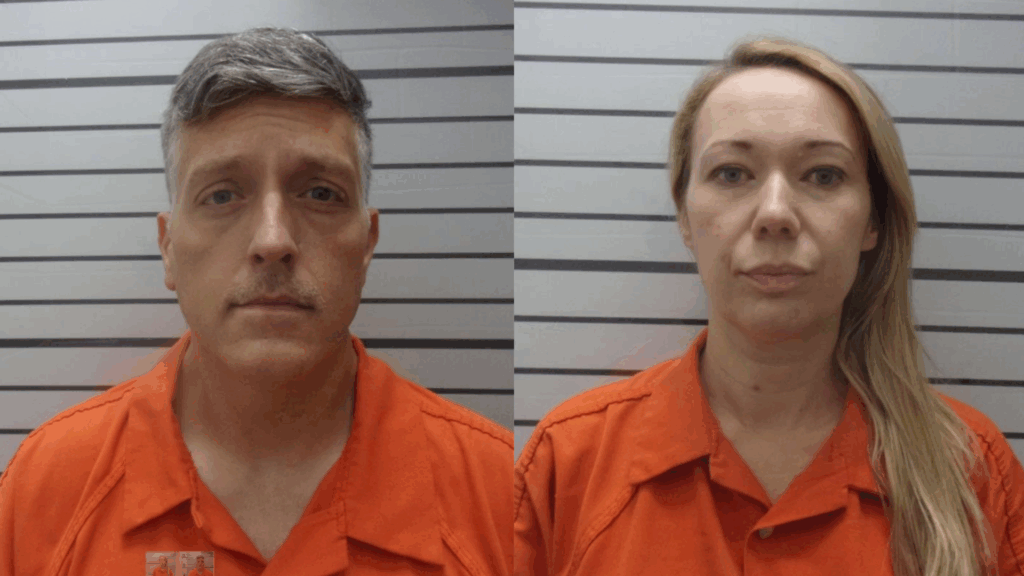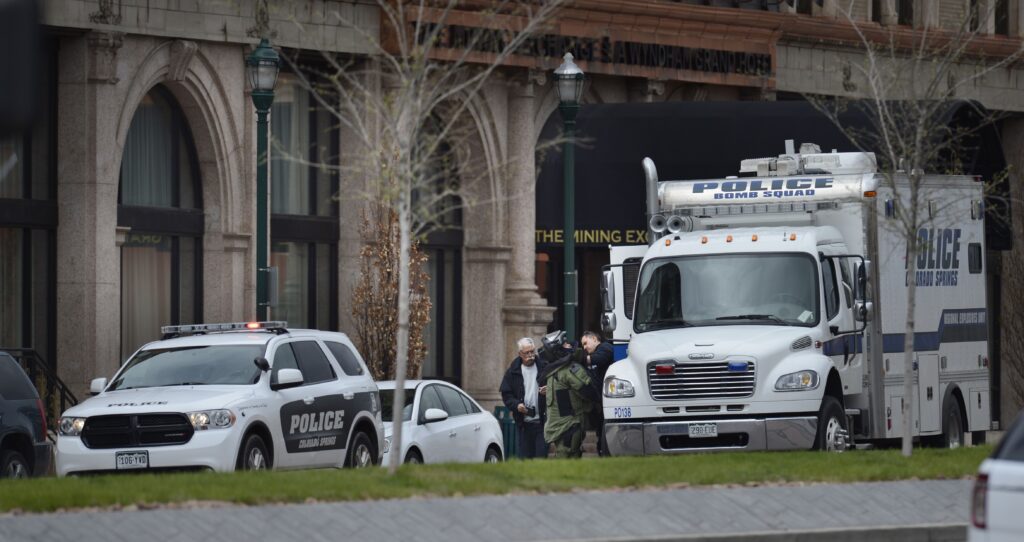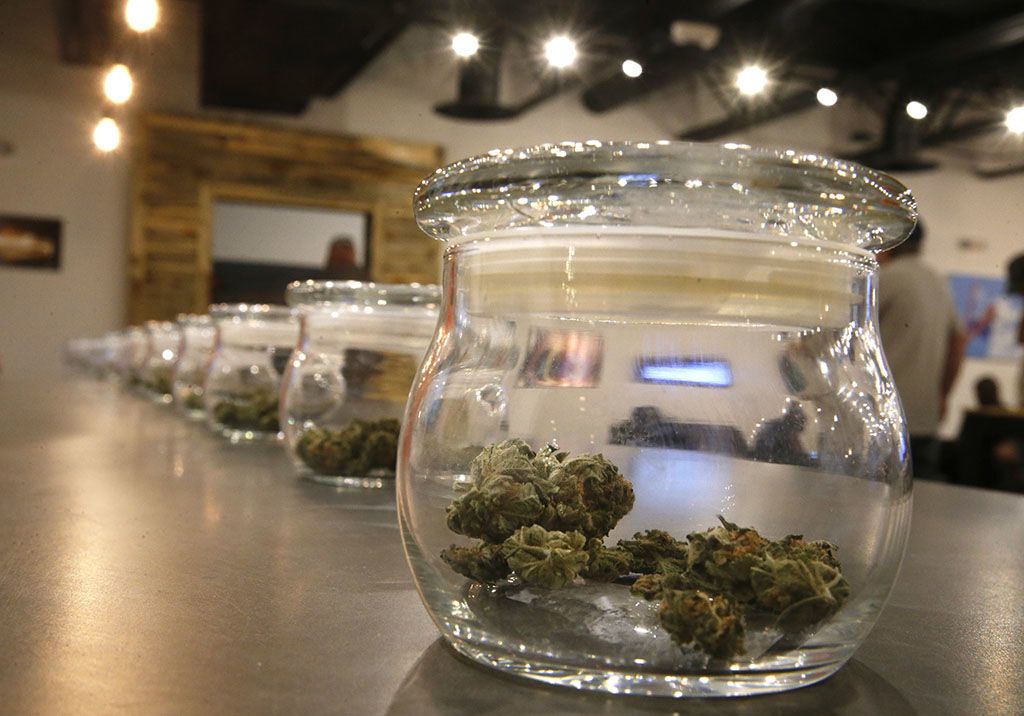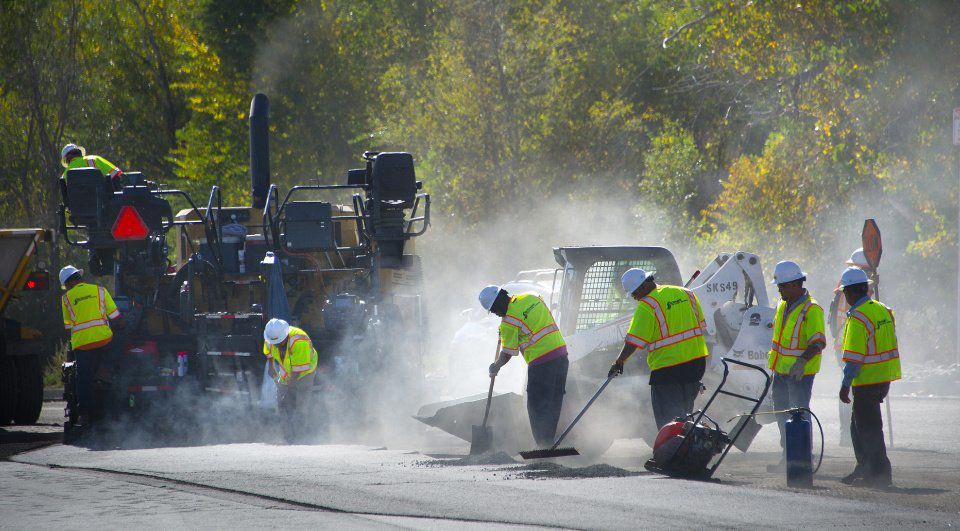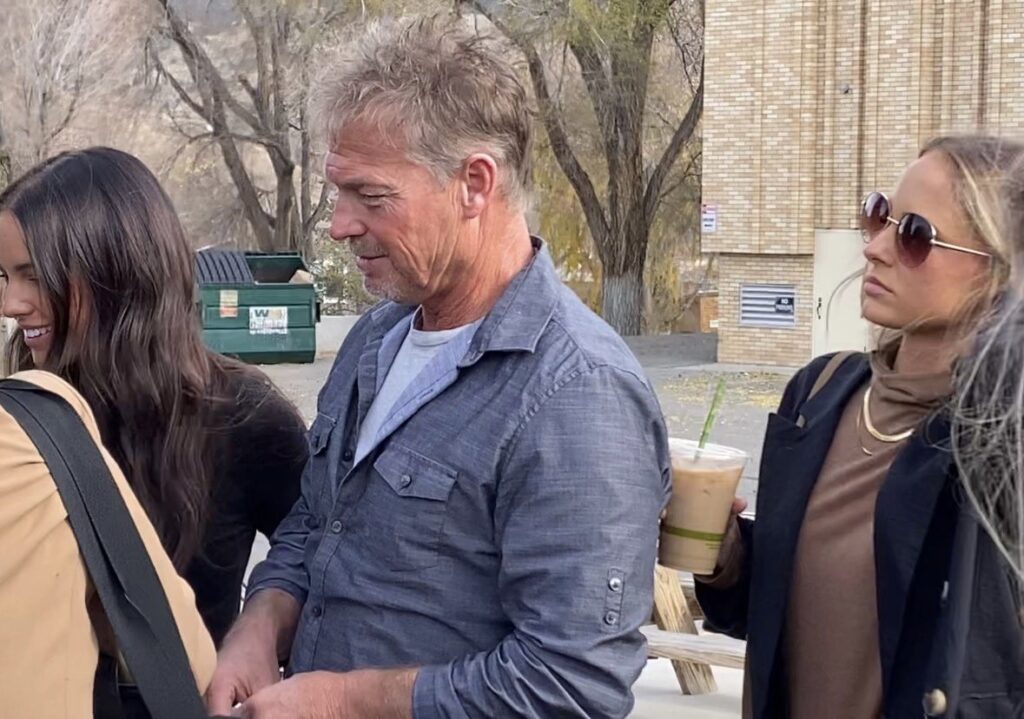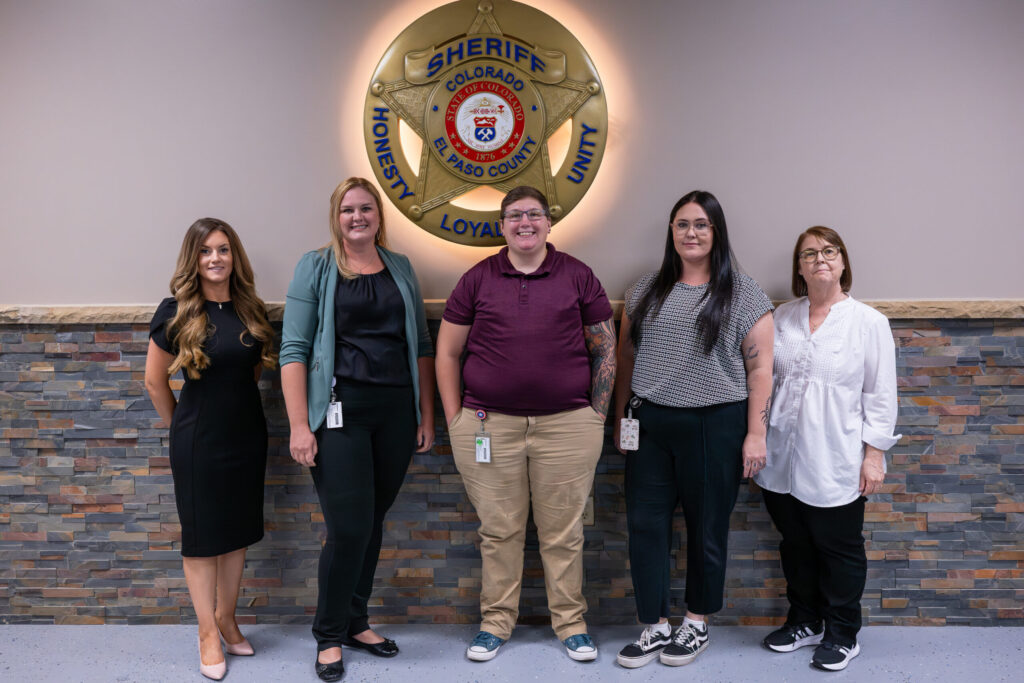Q&A with Wellington Webb, civic titan
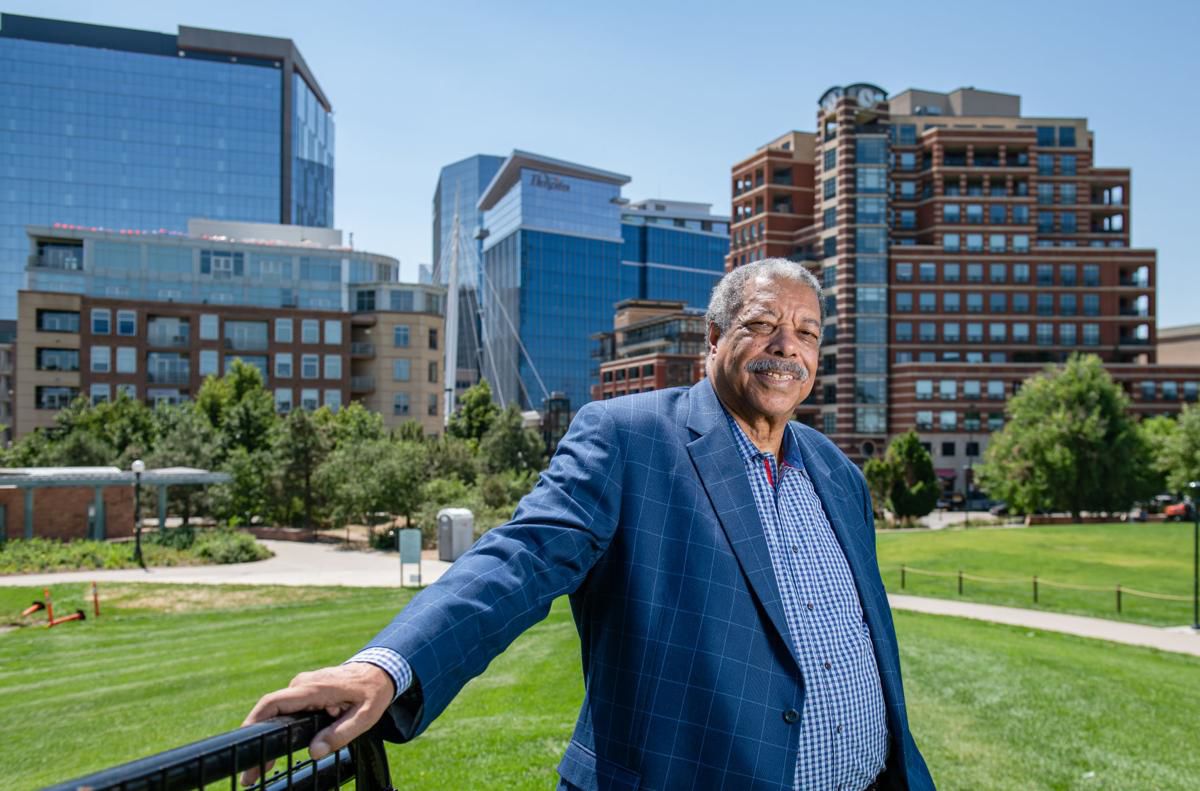
Bio
-
The 42nd mayor of Denver, 1991-2003. Past president, U.S. Conference of Mayors and the National Conference of Black Mayors.
-
Founder and president of Webb Group International.
-
Elected Denver city auditor, 1987-1991.
-
Executive director of the state Department of Regulatory Agencies during the administration of Gov. Dick Lamm, 1981-1987.
-
Regional director, U.S. Department of Health, Education and Welfare, 1977-81.
-
Served in the Colorado state House, 1973-1977.
Colorado Politics: Let’s start with a hot issue of the moment on your political radar – Denver’s parks and open space and, particularly, the fate of Park Hill Golf Course. In a recent commentary published in Colorado Politics, you blasted plans by Denver City Hall to “plow under” that parcel of land, and you defied the city’s current elected leadership to redevelop the land without at least letting Denver voters weigh in. You made parks and open space a top priority during your 12-year tenure as Denver mayor; tell us why you feel the pending plan for Park Hill is so problematic – and whether you think the city’s legacy park system in general is being poorly served by the city these days.
Wellington Webb: There are some issues that I believe are so important that it doesn’t matter whether the law or the ordinance was passed in 1995 or in 1865. I believe the importance of those issues is supposed to be maintained inviolate, and if there is an attempt to change them, they should be fought to protect those laws over time. As an example, the 13th Amendment abolished slavery in the United States in 1865. It could be amended and changed, but I think that we would fight to maintain the 13th Amendment. In the year 1919, the 19th Amendment granted women the right to vote. I don’t think or believe it should be repealed. In 1989, a city bond passed authorizing the purchase of the Park Hill Golf Course for $2 million.
When citizens vote on a bond issue, that is the same as a binding contract between the citizens and the government. In 1998, as mayor, I authorized a conservation easement to protect that land as park, open space and recreational land that houses a golf course on it. Preserving this land is a gift to future generations. There are those who would suggest that only people in the proximity of the Park Hill Golf Course should decide its future. So that would suggest that new homeowners who live near Denver International Airport can protest its use and suggest another use be found for the land even though a citywide vote was held to determine its use. Or the four families that live near Red Rocks Amphitheater who claim, because of their proximity to the theater, they should have a neighborhood plan to determine its use.
The contract that was passed by the voters of Denver for the Park Hill Golf Course is the same as the 13th Amendment, and the 19th Amendment. The park and open space located at the Park Hill Golf Course should remain intact as it was voted on, to create it, by the voters – and to be amended or changed should be done by the voters as well.
CP: What led you to endorse Mike Bloomberg before his withdrawal from this year’s Democratic presidential primary? He of course had an almost unprecedented ability to self-fund a campaign, but what else do you feel he brought to the table that his rivals didn’t?
Webb: I endorsed Michael Bloomberg because I thought he may have a better chance to win against Trump given how poorly Joe Biden was doing early in the primaries, even though I have known Biden for more than 30 years. I also was concerned that Biden’s shaky performance in the early debates could result in his not even making it out of the primaries. Obviously, South Carolina changed all of that and Biden’s campaign was revived. At the same time, it was clear after the first debate that Bloomberg had been out of the game too long and he may have done better if he had entered the race earlier. What was disappointing is Bloomberg’s debate performance did not match his commercials and he didn’t know how to use humor or wit. If I had been his campaign consultant, I would have told him to use humor, such as saying he knew no one would hire him to be a debate coach but he knows how to make a billion dollars and could bring that talent to the people of America. He was done after the first debate.
Wilma and I support Joe Biden and know he will restore compassion and empathy to the White House. Americans must, must vote especially for those who care about social justice and tackling racism. While the country was being torn apart, Trump was hiding in the basement of the White House, probably playing video games. We need to vote him out in November.
CP: In a 2018 profile by Colorado Politics, you told us, “I try to be unpredictable, in terms of not setting a pattern.” You were referring to your approach to political endorsements, but could that also hold true for your political views in general? Where would you place yourself nowadays on the right-to-left political spectrum – or does your political chemistry defy any particular label?
Webb: My values have changed very little since I first ran for office in 1972 following my career of working as a substitute teacher in Adams County, a teacher at Fort Logan Mental Health Center, and teaching black history at the University of Colorado at Denver. I also worked at the Job Opportunity Center to help find jobs for the less fortunate. Additionally, I was active in the Model Cities Program, which allowed me to work with indigenous leadership, including Corky Gonzales and Lauren Watson. My philosophy leans left but my fiscal leanings tend to lean moderate to conservative. When I ran for the Colorado House of Representatives in 1972 for House District 8, my platform focused on the liberal issues of housing, jobs, health care, youth opportunities, and social equity. Those priorities were at the center of my time as Denver’s auditor and my three terms as mayor. I also knew how to work with Republicans to get things done. We often disagreed but we were able to be civil and find common ground for the common good.
At this stage in my life, my wife, Wilma, and I give less to political candidates and more to community issues and institutions, including donating to 11 different food banks during the coronavirus pandemic. Other donations have gone to Denver Health Medical Center, Colorado Women’s Vote Centennial Commission, for which Wilma was appointed by Gov. Polis as a commissioner, celebrating 100 years of women’s suffrage, and leadership programs, including the Colorado Urban Leadership Foundation for young black professionals, and youth football leagues for Green Valley and Montbello neighborhoods.
Other ongoing priorities continue to be small business; minority and women businesses at Denver International Airport; promotion of Denver’s hosting the World Cup for soccer in 2026, and our ongoing battle for parks and open space. These are our gifts to the next generation.
Fighting for the issues you value is more gratifying and less disappointing than making political endorsements of candidates who, once elected, don’t follow through on their commitments.
CP: The death of George Floyd at the hands of Minneapolis police sent shock waves throughout the country – and resonated deeply in the nation’s black communities, including in Denver. Protesters here reminded us that Colorado has a troubled history of its own involving police and communities of color. While race relations have evolved in Denver since you first moved here with your family as a teen in the 1950s, tension with police simmers still. What improvements in Denver police conduct were made while you were mayor, and what yet needs to be done?
Webb: I am so proud of these kids protesting that I boil over with pride. It’s also good to continue to see the old-timers who have been protesting police brutality and social justice issues for decades.
Racism in Colorado and Denver specifically has always been more covert than overt. There is rarely a black male who has not had some bad experience with a police officer, and being called a “n—–” doesn’t qualify because particularly in my day that was as common as a salad before dinner. There are numerous cases in Denver but a few that I and my wife, former state Rep. Wilma J. Webb, faced as state legislators will always be with us, even though we tried to remedy these two brutality cases.
Carl Newland, a middle-class black man, was approached by police at a Denver bar on April 9, 1976, and questioned about a robbery. The police quickly determined he had not been involved in the robbery. Newland was annoyed that he had been accused of wrongdoing and struggled with police. The struggle resulted in his being arrested for disturbing the peace. Newland had a pre-existing medical condition, which apparently was aggravated by his struggle with police. Newland, 48, died on April 13 from a stroke caused by a blow to his neck.
Then, less than a month later, Stanley Muniz, was beaten by police in their vehicle following a drunken-driving charge.
As young black leaders, we rallied at the Denver City and County Building to call for a Citizens Review Board and removal of the police chief. Does that sound familiar?
Then, in 1981, Wilma called for a coroner’s inquest in the death of Ernest Myres, who died in front of his home at 3509 Josephine after two off-duty police officers in plain clothes used a Koga chokehold on Myres. We both called to abolish this police tactic, which finally happened decades later when state Rep. Jovan Melton carried and passed legislation to abolish its use.
When I became mayor, my strategy to bring diversity to the Public Safety Department included the following appointments: Beth McCann as manager of safety, the first woman in that position; Rod Juniel, the first black fire chief, and Police Chiefs Dave Michaud and Gerry Whitman, who believed in community policing.
Additionally, I created programs to help and encourage youth, including the Safe City Program, directed by Charlotte Stephens, which provided community engagement, as well as the Jobs Youth program and the Mile High Scholars Program, and Club Denver, which were directed by Carol Boigon and Tish Maes.
I also recognized the good community programs the police ran. I saved and increased the budget for the police athletic league for football teams, including teams of the Pirates, Falcons, and Redskins, and the police boxing program at a gym in Globeville.
CP: Your signature accomplishments during your many years as mayor – such as opening DIA and the South Platte River Corridor – are chronicled far and wide. But tell us instead about something you accomplished at any point in your decades of public service, starting in the state House, that made you proud – even if it went largely unnoticed by the press and public.
Webb: My career has been in stages, and many people are unaware of my early service.
Stage one: I began as a job counselor at Job Opportunity Center, a Model Cities Program of Community Action; faculty member of the Black Studies Department at the University of Colorado at Denver, teaching African American History; substitute teacher in School District 14 in Adams County, and a physical education teache at Fort Logan Mental Health Center.
Stage Two: I became involved in public service as an elected official – Colorado state representative from House District 8, Denver; then a federal appointee by President Jimmy Carter, as regional director of the United States Department of Health and Human Services; executive director of the Colorado Department of Regulatory Agencies; Denver’s first African American city auditor; Denver’s first African American mayor, 1991-2003.
Stage Three: Presently, I am engaged in business as president and founder of Webb Group International, and in philanthropy.
What has been glossed over with time are my legislative House accomplishments. This omission is mostly generational. I served in the Colorado legislature as a representative for House District 8 from 1972-1977, during which Democrats were the minority party and two years in the majority party. I also served as Democratic Caucus Chair.
Bills I sponsored and passed are laws that: prohibit discrimination based on physical disability; prohibit discrimination based on marital status; mandate group health insurance policies to provide coverage for alcoholism; mandate insurance coverage for women where there are complications in pregnancy; and disallow state agencies from taking money back from welfare recipients due to mistakes that are no fault of their own and where it would be harmful to that client.
Bills that I Introduced and did not pass included: One of the first bills in America, especially in the West, to protect the LGBTQ community, and to prohibit discrimination based on sexual orientation in the areas of employment and housing; a bill to provide a process by which adoptees could search out their birth parents to meet if both parties agreed – in 1975, long before this was made law; first introduction of a Dr. Martin Luther King, Jr. state holiday bill, where, later, my wife, state Rep. Wilma Webb, successfully took up this effort; and elimination of state I.Q. tests because of their cultural bias test inclusions.
CP: We often ask our Q&A subjects who inspired them politically. It may seem ironic to put that same question to you – a man with a building named after him! Yet, someone – whether a famous figure or someone you knew personally – must have stoked your interest in politics and public service early on in your life.
Webb: My grandmother, Helen Williams Gamble, inspired me to enter politics and was central in my life from the time I moved to Denver in 1953 at age 12.
Everyone referred to her as Mrs. Gamble as a sign of respect. My mother’s mother was born in Selma, Alabama, raised in New Orleans, and graduated from Dillard University. She moved to Moss Point, Mississippi with her husband, George Williams. They divorced before I was born. She raised my mother, Mardina, and her sisters, Vernadette and Frances in Chicago. When her children were grown, her home in Chicago burned down and she moved to Denver, where she started a new life, marrying Bob Gamble.
Mrs. Gamble was well known in Denver politics because she served as a Democratic district committeewoman and interacted with Denver mayors.
My foundation was built by my grandmother. Then I was inspired by Nelson Mandela, emboldened by Malcolm X, excited by the vision of John F. Kennedy, and grew and prospered with the political partnership of a lifetime of dedication and public service with my wife, the Honorable Wilma J. Webb.
I’m sure that my grandmother would be proud that I have two public buildings named in my honor, the Wellington E. Webb Municipal Office Building and the Wellington E. Webb Center for Primary Care at the Denver Health Medical Center.
CP: A few years back, you penned a reminiscence of your encounter with Muhammad Ali. You expressed admiration not only for his prowess in the ring but also for his principled stands on some political issues. That reminds us you were an accomplished athlete – a standout basketball player in your school days who, not unlike Ali, was developing distinct political views of your own. Do you ever wish you had pursued a professional sports career?
Webb: As much as I love the game, I knew that I didn’t have the ability to go further as an athlete. I learned a long time ago that I could be an athlete fighting for social justice in the community, then in the legislature, then in the mayor’s office, then in the corporate board room, and then back to where I started in the community because this is a value that defines my life.
The struggle continues.
